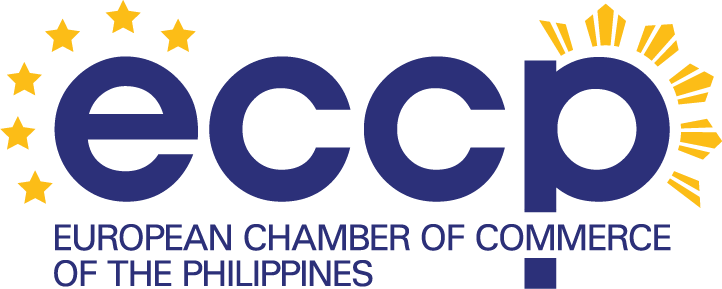
Coaching through Meaningful Conversations
The program consists of looking into coaching as a tool for Performance Recovery (non-perfomers) and Developing People (performers). Both programs talk about the shift from First-Generation Coaching to Third-Generation Coaching. This evolution of coaching looks into how we should change mindsets about how we coach people particularly for non-performers (as was in first generation coaching when coaching is seen as a disciplinary tool) and for performers (as was in first generation coaching when it was seen as only for feedback-giving). The program also talks about the skills necessary to enable leaders to coach effectively -- this citing the ICF skills of Listening Actively, Evoking Awareness, and Designing Actions. Then we also will talk about tools e.g., Empathy Map, Skill-Will Matrix, Focus Finder, GROW, and SBI. After which, we do a practice session after showing sample videos of how to apply in real life situations.
Course Objectives:
- Learn about the mindset and recognize necessary shifts while aiming to coach through meaningful conversations.
- Review the skills of listening, asking questions, and designing actions to achieve meaning in conversations.
- Discover tools which can be used individually or in combination to provide focus and structure during meaningful conversations.
- Practice module learnings through activities and case studies.
Course Outline:
I. The Leader's Mindset Coaching Through Meaningful Conversations
- The right mindset for coaching and how to stay within it during the conversation.
II. The Skills for Meaningful Conversations
- The skills of active and empathic listening, asking powerful questions and co-designing actions.
III. Tools that Enable Meaningful Conversations
- The tools that can help to focus and structure coaching through meaningful conversations.
IV. Resources That Help in Conducting Meaningful Conversations
- - Case Studies, videos, and role play to simulate meaningful conversations.
Methodology: Adult Learning Facilitation, discussion in breakout sessions, case studies, virtual roleplays, and self-assessments

